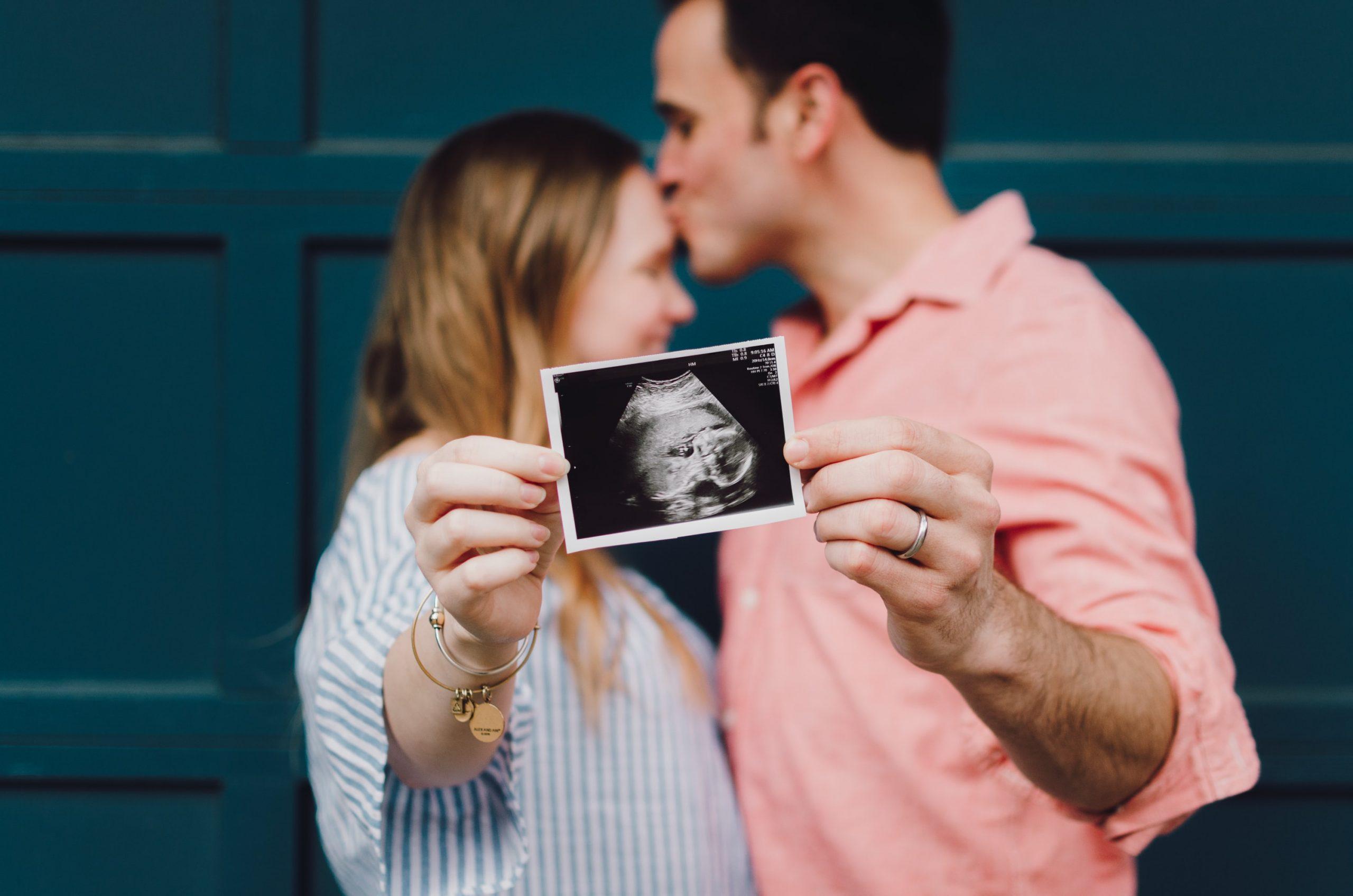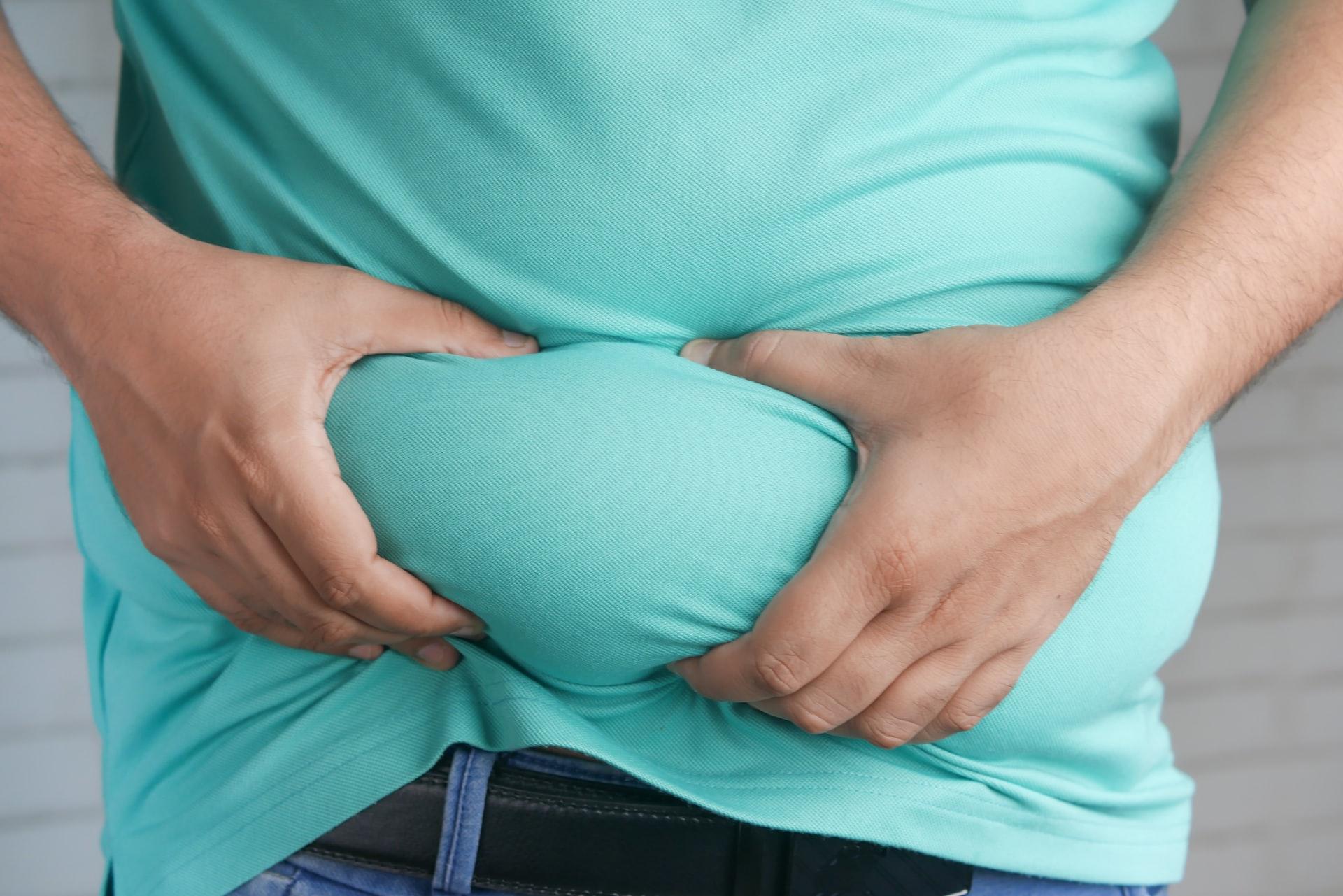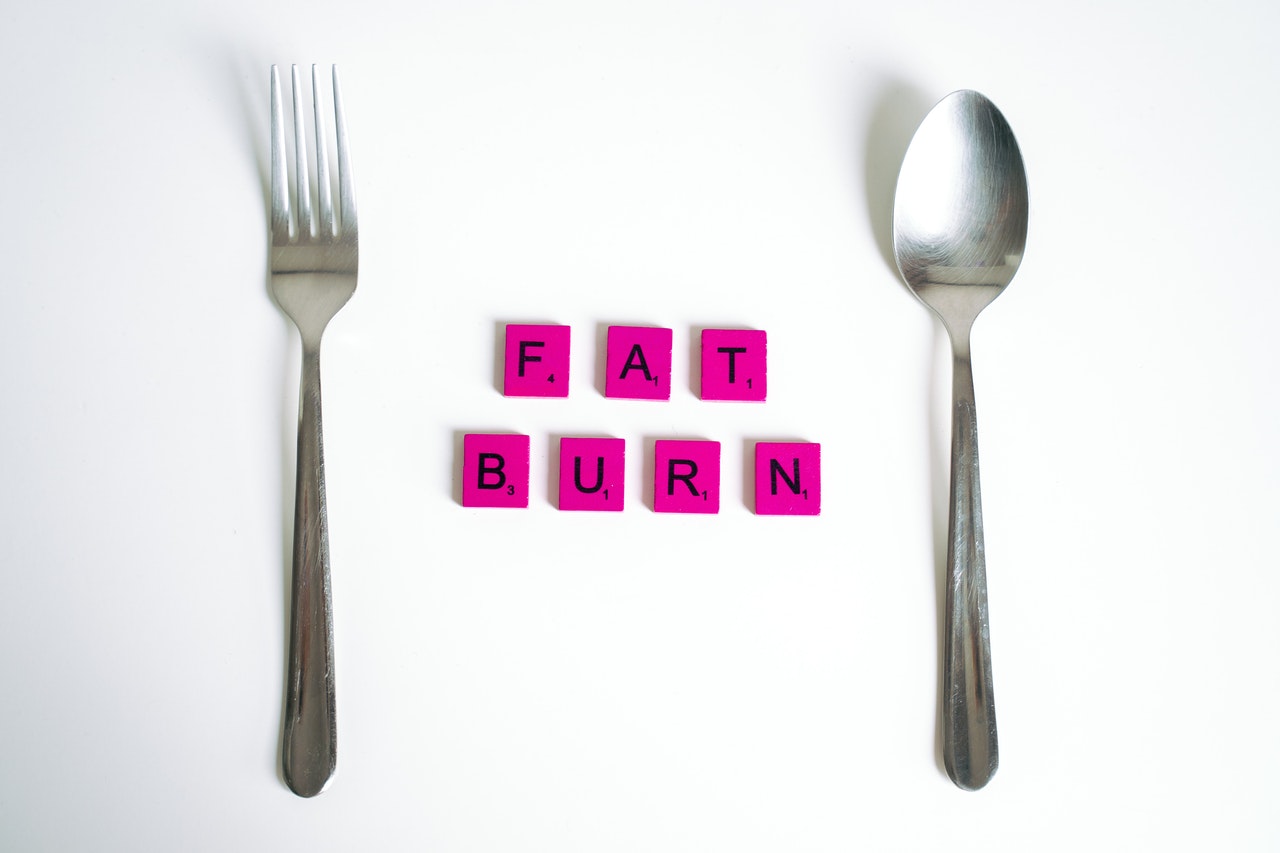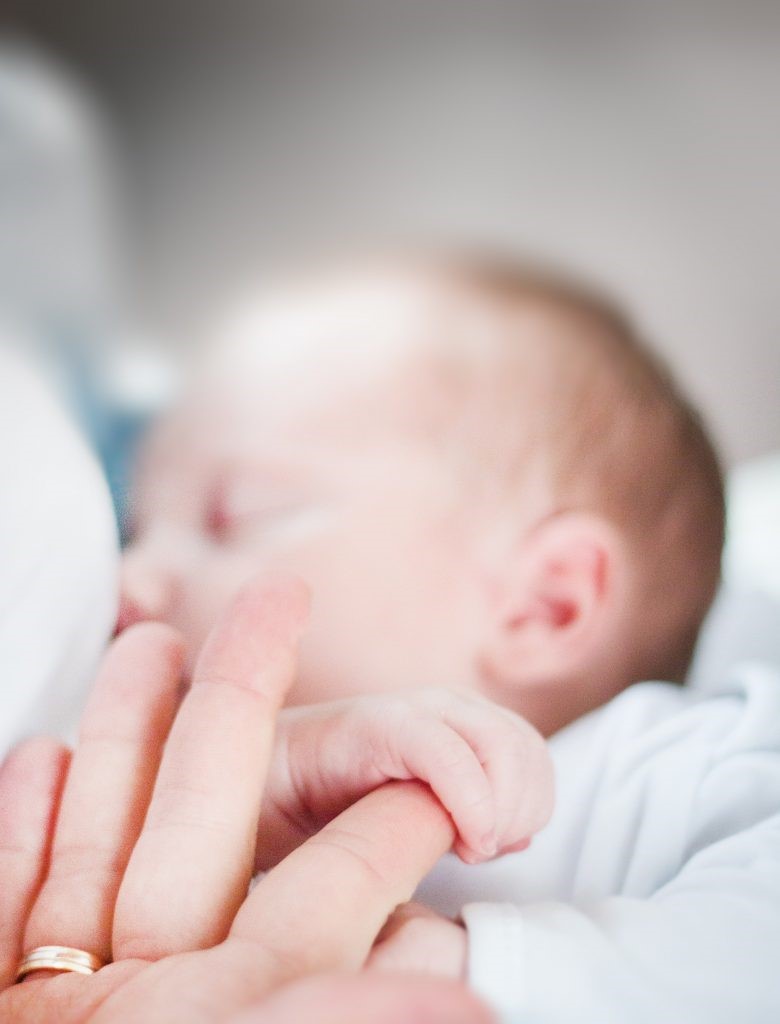Women need to keep a track of lot many things. Even what to love when. Need to be cautious about self-love too. Especially for coffee lovers. There are some controversial findings related to caffeine consumption during pregnancy.
Science of caffeine
The chemical name of caffeine is 1, 3, 7-trimethylxanthine. It was derived from the French word ‘café’ and the German word ‘Kaffee’, which means coffee. Caffeine is a naturally materialized alkaloid that is found in different quantities in the beans, leaves, and fruits of more than 60 plants.

Source of caffeine
Ordinary sources of caffeine are such as, the kola nut (Cola acuminate), cacao bean (Theobroma cacao), yerba mate (Ilex paraguariensis), and guarana berries (Paullinia cupana); yet, Roasted coffee beans (Coffee Arabica and Coffee robusta), and tea leaves (Camelia Sinensis) are the world’s primary origin of dietary caffeine.

Caffeine is also found in a variety of beverages and food like coffee, tea, chocolate, cocoa products, energy drinks, and soft drinks. It is also utilized rapidly as an ingredient in prescription and retail medications for colds, headaches, menstrual symptoms, weight loss, influenza and central nervous system stimulation.
Caffeine in body
The outcome of the caffeine on the body via interactivity of receptors, such as adenosine, cholinergic γ-aminobutyric acid, adrenergic, and serotonin receptors.
Caffeine during pregnancy
The concern about using caffeine during pregnancy or lactation is owing to theoretical consequences on the fetus such as caffeine crossing the placental barrier & it’s enter in fetal circulation freely; caffeine’s elimination half-life increases in late gestation; and infants poorly metabolize caffeine until 3 months of age.
The activity of cytochrome CYP1A2, which is the principal enzyme in caffeine metabolism, reduces gradually during pregnancy and then after it’s absent in the placenta and fetus. Subsequently, for a long time fetal is exposed to caffeine, which might be affecting the development of organ systems.
During pregnancy, using caffeine carrying beverages has an increased risk of fetal death, impaired fetal growth, and low birth weight.
In addition to these short-term outcomes, maternal caffeine intake during pregnancy may also influence long-term offspring body fat development. While caffeine crossed the placental barrier, levels of adenosine 3′, 5′-cyclic monophosphate and maternal epinephrine are accelerated and intervillous placental blood flow is decreased and is metabolized much more slowly by the mother during pregnancy. As intrauterine growth retardation is an important determinant of stillbirth and is also associated with impaired development later in life and given the relatively high prevalence of caffeine exposure during pregnancy, the potential influence of caffeine on fetal growth is an important public health issue.
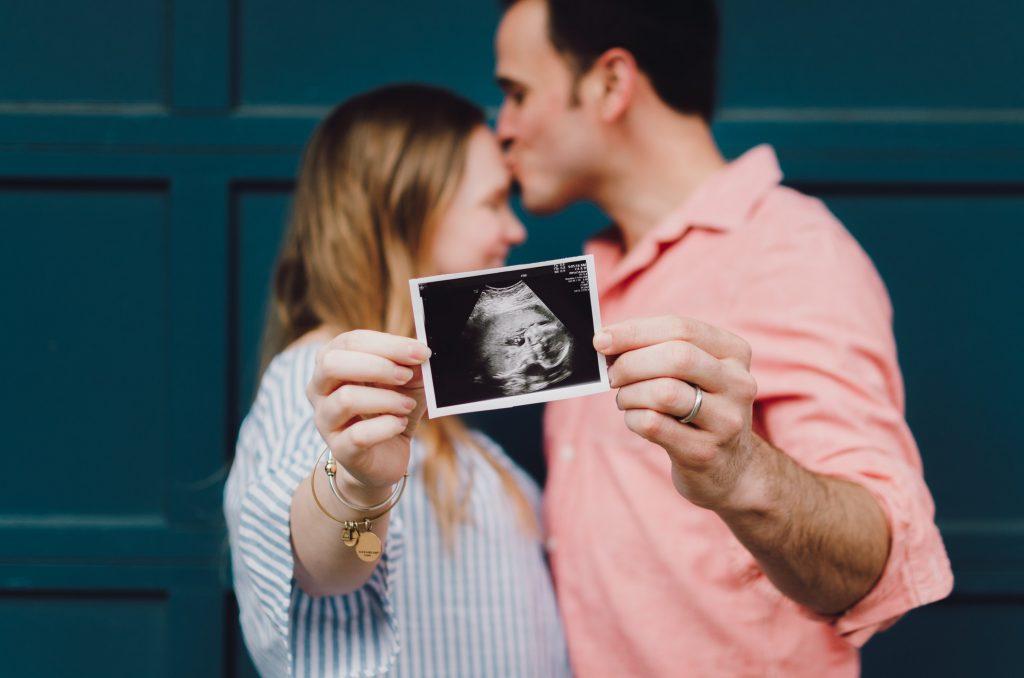
A literature review of human studies from 2000 to 2009 estimated the consequences of fertility outcomes like infertility, semen quality, and various endpoints of assisted reproductive technology. The data about usage of caffeine dosage of 300 mg/day or less than 300 mg/day do not propose more risk of an inauspicious pregnancy, fertility or neurodevelopment consequences.
The consumption of more than 300 mg/day is conflicting. Product to product the quantity of caffeine per cup of coffee is different.
Generally, consumption of 1 to 2 cups of coffee per day is not expected to be a worry.
Also, Caffeine is widely used as a central-nervous-system stimulant. There are three major modes of action of caffeine on the central nervous system that has been described.
Caffeine triggers noradrenalin neurons and appears to influence the local release of dopamine. A few of the alerting effects of caffeine can be related to the action of the methylxanthine on serotonin neurons.
International guidelines for Caffeine consumption during pregnancy
The United States Food and Drug Administration in 1980 proposed to limit caffeine intake during pregnancy.
Recently, the American Congress of Obstetricians and Gynecologists proposed that moderate caffeine usage (<200 mg/day) during pregnancy does not show a major risk factor of miscarriage or preterm birth; yet it was noted that the relationship between maternal caffeine intake and infant growth restriction remains indefinite.
In pregnant women, caffeine metabolism is slower compared to non-pregnant women. 1.5 to 3.5 times longer half-life requires the elimination of caffeine compared to non-pregnant women. The immaturity of a fetus’ liver cause a short level of enzymes required for caffeine metabolism, and it leaves babies at threat of adverse issue including low birth weight (LBW). Infant LBW means a birth weight smaller than 2,500g. And it is a well-established threat aspect related to several adult diseases, like hypertension and diabetes mellitus and obesity.
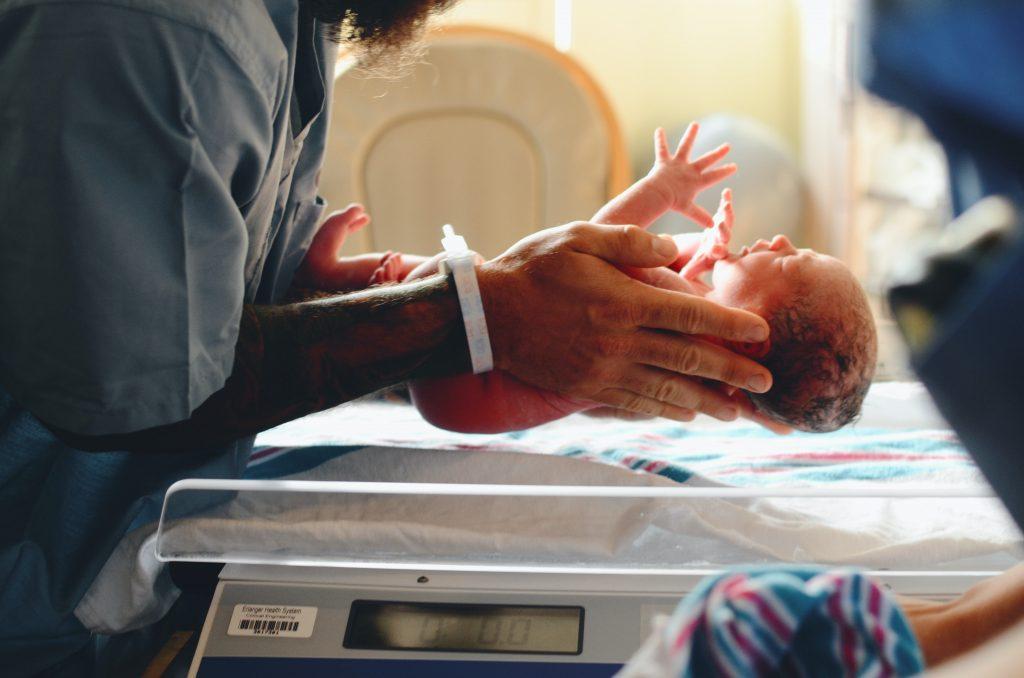
Larroque et al and Fortier et al described no relation between caffeine consumption and birth weight. Yet, a meta-analysis of seven studies in 1998 found a consequential ride in the risk of Low-birth-weight (LBW) related to caffeine consumption. Latterly, Greenwood et al found that consuming an accretion of 100 mg/day of caffeine was related to a 7% increase in the risk of LBW in a dose-response meta-analysis risk of LBW.
Yes! coffee is not good during pregnancy and it is better to consult your doctor if you’re planning for pregnancy or are pregnant about the consumption of caffeine in any form. It’ll be wise to find an alternative.


